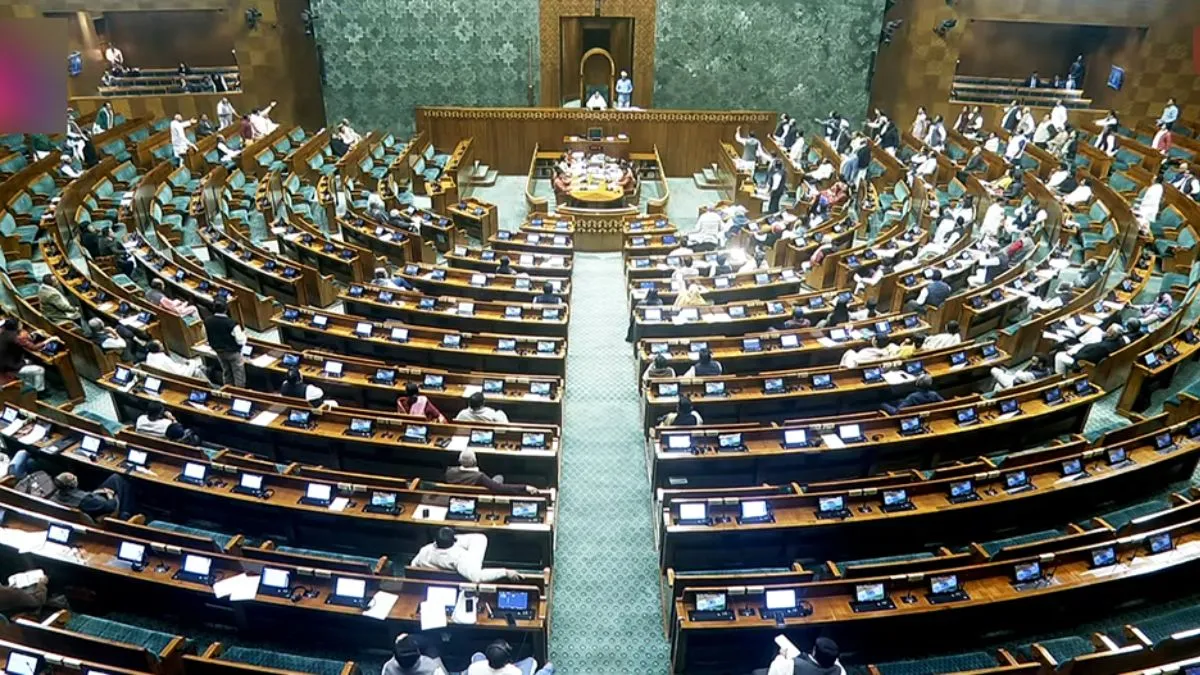- By Deeksha Gour
- Mon, 16 Dec 2024 09:28 PM (IST)
- Source:JND
Delhi: A constitutional amendment bill aimed at holding simultaneous Lok Sabha and assembly elections is expected to be introduced in Lok Sabha on Tuesday, December 17. This bill, known as the Constitution (One Hundred and Twenty-Ninth Amendment) Bill, 2024, is popularly referred to as the “One Nation, One Election” initiative.
BJP Issues Whip For MPs
The Bharatiya Janata Party (BJP) has issued a three-line whip to all its Lok Sabha MPs, urging them to attend the House on the day of the bill's introduction. A senior BJP official mentioned that several key legislative matters, including the bill, would be discussed in both Houses of Parliament.
BJP issues a three line whip to all its Lok Sabha MPs to be present in the house on 17th December, 2024 as some important legislative business is to be discussed. pic.twitter.com/lfdQgErwUs
— ANI (@ANI) December 16, 2024
Arjun Ram Meghwal To Present One Nation, One Election Bill In Lok Sabha
Union Law Minister Arjun Ram Meghwal is set to present the bill, after which he will request Lok Sabha Speaker Om Birla to refer it to a Joint Committee of Parliament for broader consultations. The winter session of Parliament concludes on December 20, making it crucial for the government to introduce the bill by December 17, otherwise, only three days will remain in the session.
The proposed Joint Committee will be formed based on the proportional strength of various parties in Parliament. As the largest party, the BJP will chair the committee and appoint several members. Home Minister Amit Shah, who was part of a high-level committee led by former president Ram Nath Kovind that recommended simultaneous elections, is expected to be present during the introduction of the bill.
Opposition Express Concerns Over Potential Impact on Federalism
Opposition parties, including the Trinamool Congress, have raised concerns about the proposed amendment, arguing that it could undermine the federal structure of India, weaken regional parties and centralise power at the national level.
Supporters of the bill, including the BJP, argue that simultaneous elections would streamline governance and reduce election-related costs. However, critics question the feasibility of holding simultaneous polls in a country as diverse as India, raising concerns about its implications for democracy and regional representation.
